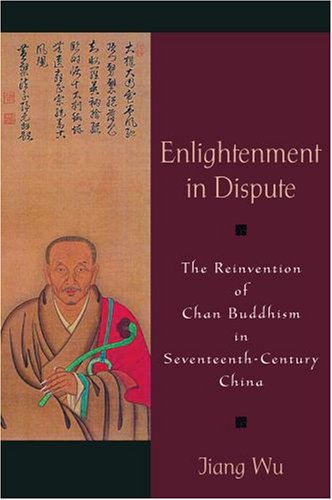

Most ebook files are in PDF format, so you can easily read them using various software such as Foxit Reader or directly on the Google Chrome browser.
Some ebook files are released by publishers in other formats such as .awz, .mobi, .epub, .fb2, etc. You may need to install specific software to read these formats on mobile/PC, such as Calibre.
Please read the tutorial at this link: https://ebookbell.com/faq
We offer FREE conversion to the popular formats you request; however, this may take some time. Therefore, right after payment, please email us, and we will try to provide the service as quickly as possible.
For some exceptional file formats or broken links (if any), please refrain from opening any disputes. Instead, email us first, and we will try to assist within a maximum of 6 hours.
EbookBell Team

4.4
92 reviewsHe argues that the revival of Chan Buddhism depended upon reinventions of previous Chan ideals, which had been largely lost after the Song dynasty. Wu investigates the development of Chan Buddhism in the seventeenth century, focusing on controversies involving issues such as correct practice and lines of lineage. In this way, he shows how the Chan revival reshaped Chinese Buddhism in late imperial China. Situating these controversies alongside major events of the fateful Ming-Qing transition, Wu shows how the rise and fall of Chan Buddhism was conditioned by social changes in the seventeenth century.
Examining the role of textual practice and the implication of dharma transmission in rebuilding Chan institutions, Wu argues that the Chan revival was actively coordinated to coincide with the transformation of Chinese culture and society. His study concludes by bringing the Chan revival to a larger historical context and reflecting on its legacies, ultimately establishing a general pattern of past Buddhist revivals.